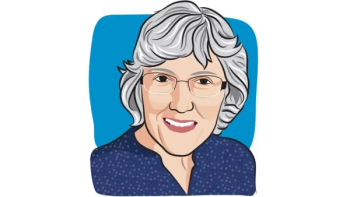
Stick your toes in the ocean. Feed the koi. Play make-believe carwash with a toddler. Hold his hand because he asks you to. Be present.
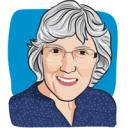
Kelly Irvin is a multi-published novelist and former newspaper reporter who worked in public relations for more than 20 years. She retired from her day job in 2016 after being diagnosed with primary lateral sclerosis, a degenerative motor neuron disease, and stage 4 ovarian cancer. She spends her days writing and loving her family.

Stick your toes in the ocean. Feed the koi. Play make-believe carwash with a toddler. Hold his hand because he asks you to. Be present.
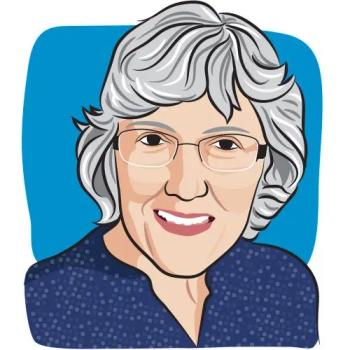
Standing up to cancer means focusing on the blessings, reveling in good news, and living life to its fullest every day.
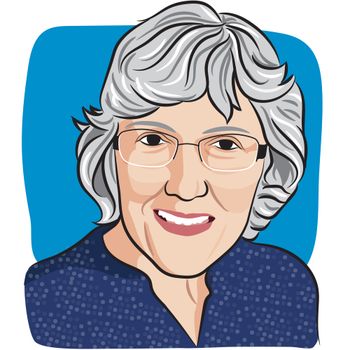
Being a cancer survivor for nine and a half years has taught me to live in the moment, to make those moments count.

I urge researchers to look into why side effects occur in cancer drugs and to find ways to mitigate them that doesn’t impact their efficacy.

She wore a variety of bright sneakers and occasionally did a cha-cha-cha in them. Her laughter was contagious. Patients smiled. The other nurses smiled.

Having a life-threatening disease reminds me daily to make the most of whatever time I have.

Every treatment bag should include an unlimited supply of humor. Stuff will happen. It’ll be hard, but you may learn to laugh about it later, like I did.

In the cancer world — or anywhere — the ability to give thanks in the midst of trials is an acquired skill. It must be practiced.

Nine years as an ovarian cancer “lifer” yields these tips for surviving and thriving when there’s no end of treatment ahead.

Ignoring fear and anxiety only allows them to grow until they explode into a full-blown anxiety attack. It’s okay to be scared about cancer progression.

My genetic testing covered 648 gene variants. Of course, researchers only know the significance of a fraction of those variants.

Rachelle’s unexpected departure reminded me I need to express my appreciation to these special, beloved providers now.

The best part of the trip was that I didn’t think about cancer. My husband and I didn’t talk about it for a whole week, and no one knew I had it.

In 2023, instead of looking over my shoulder to see how cancer has invaded every aspect of my life, I’m vowing to face forward. No fear. No uncertainty. No what-ifs.

Researchers running clinical should be aware of how these new drugs affect our day-to-day lives — not just in the big ways, but also the small ones that take their toll over the long haul.

The truth is I stagger back and forth between the two camps — tell it like it is or walking on sunshine. It depends on the day, my treatment regimen, the lab or scan results, the losses and the gains.

It’s good to have all the facts when you decide whether to participate in a cancer drug clinical trial—even the ones that make you swallow hard and tear up.
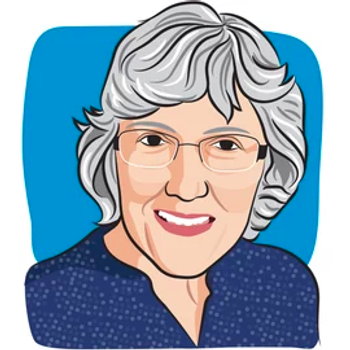
A patient with stage 4 ovarian cancer still receiving treatment six years after her first diagnosis explains that even though she’s exhausted from all her treatments and the related side effects, she knows many others don’t survive as long as she has.
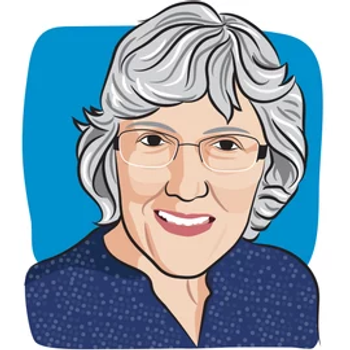
The number one reason to participate in a clinical trial is because someone has to do it so new drugs can be developed to treat and even cure cancer. All of the drugs we have now were made possible by patients who were brave enough to try those drugs.
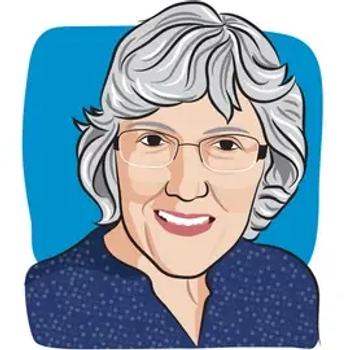
Health care isn’t something that is done to you. You participate in it. You’re part of the team. If your team is letting you down, say so. If they don’t do better, consider seeking health care providers who do include you in the conversation.

There’s been joy in the journey, along with the drugs, the endless waiting in chilly waiting rooms, the lab work, shaving my head twice, the CT scans every three months and the steady hum of anxiety in my brain. The time with my husband, kids and grandkids has made it worth every minute of cancer treatment. Bring it on, cancer.
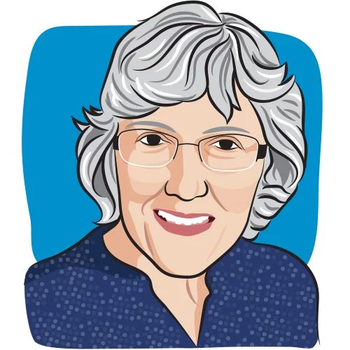
“I could’ve implemented my bucket list, backed away from writing contracts, outlined my end-of-life wishes and prepared my children for my possible, impending demise,” writes a woman with ovarian cancer. “Instead, I signed a four-book publishing contract and started a full-time career as a fiction writer.”
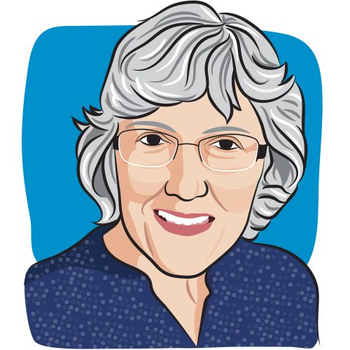
“We’re all blessed that there are so many dedicated, caring health care professionals willing to step in and fill the void when members of the team move or retire,” writes a patient with cancer. “We can never forget how tough a gig it is or say thank you enough.”
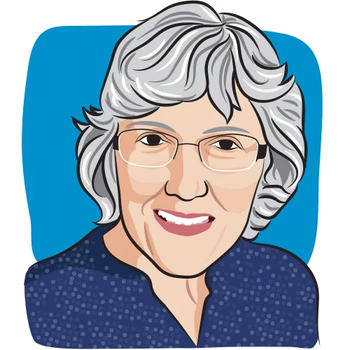
It makes sense to take stock of cancer treatment — its physical, emotional, and spiritual cost, and what people want out of life going forward. Here, a patient with cancer writes how It’s OK to say, “Cancer treatment sucks and I hate it, even when the big prize, our buddy NED, has taken up residence in our bodies.”

It’s okay for me to not feel like celebrating my 5-year cancerversary in a world that is upside down and backward because of COVID-19. Yes, I’m grateful and blessed, but I’m not bullet-proof. I’m human. I don’t have to feel guilty. None of us do.

Time is a valuable commodity, especially for patients with cancer who may find themselves with limited time or limited free time to enjoy the things they loved prior to their cancer. But the COVID-19 pandemic is robbing patients of that precious time.

Maintaining a good self-image in the face of body changes caused by cancer and chemotherapy is tough. However, exercise was able to boost one cancer patient’s morale and self-image.

Patients with cancer are acutely aware of how time is finite, and that's ok. They can appreciate the fit of time all the better.

An ovarian cancer survivor shares what she wishes she had known then with those who are newly diagnosed.

"I’m a work in progress. I work to heed my oncologist’s advice: Don’t spoil today by worrying about tomorrow."
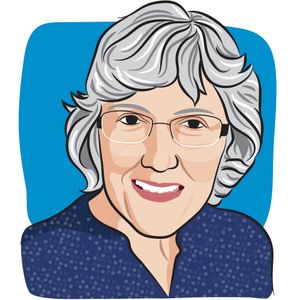
Published: June 11th 2025 | Updated:
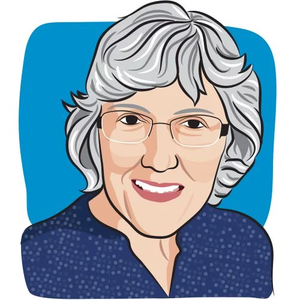
Published: July 20th 2021 | Updated:
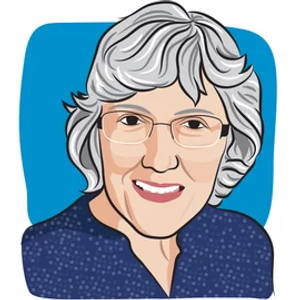
Published: August 18th 2021 | Updated:

Published: May 25th 2017 | Updated:

Published: July 17th 2017 | Updated:

Published: July 25th 2017 | Updated: